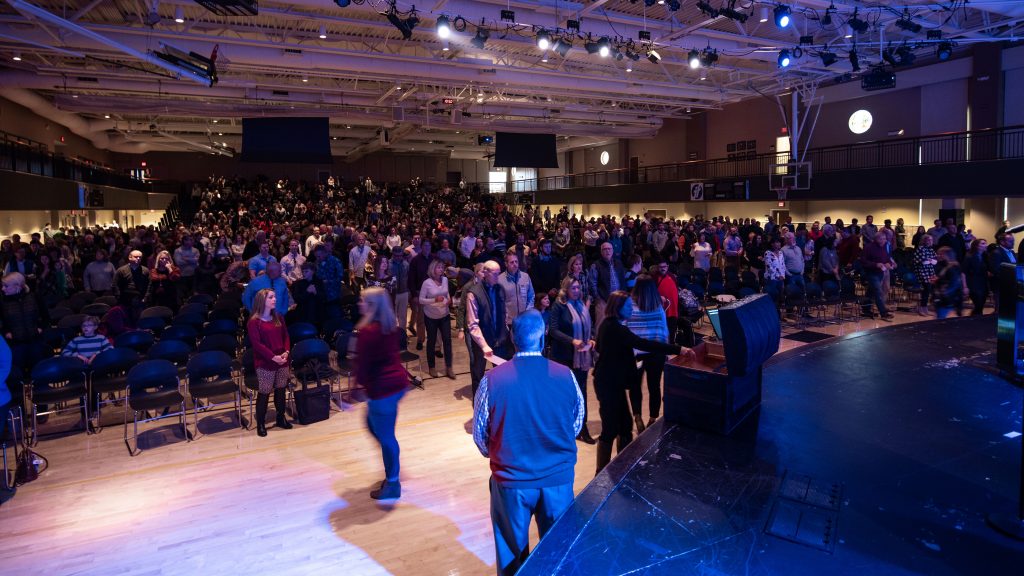The idea of rethinking vocation must start with considering the sacred/secular divide, or what some people refer to as the problem of dualism. Dualism, simply put, is wrongly dividing something that should not be divided. The Greco-Roman thought was that the world is divided into two competing domains: the sacred (spiritual) and the secular (material). Such a worldview tends to assume that the spiritual is the higher realm, and the secular, or material world, is lacking of deep meaning. Dualism leads to multiple divisions in thinking, including the division between the clergy (spiritual) and the laity (secular), the church (spiritual) and the world (secular), and between so-called religious practices (Bible study, prayer, worship) and so-called secular practices (work, art, eating).
Where this form of dualism happens often, and actually becomes harmful to our understanding of bi-vocational ministry, is in our understanding of vocation. The word ‘vocation’ comes from the Latin vocatio, meaning “a call or summons.” It is normally used to refer to a calling or occupation that a person is drawn to or is particularly suited for. The problem of work dualism goes back to the fourth century when Augustine compartmentalized the way people lived, when he spoke of the “contemplative life” and the “active life.” For Augustine, the contemplative life was given to sacred things and was seen as a higher calling, while the active life was given to secular things and regarded as a lower calling. This kind of thinking helped to create a distorted view of work that continues today.
For example, the language of “full-time Christian work” or “full-time ministry” is commonly used to describe those whose vocational calling is to be a pastor, missionary, or parachurch worker. However, a proper and biblical understanding is that all Christians are called to “full-time ministry,” doing good work well for the glory of God, regardless of their specific vocation. If God reigns over all things, and He does, then all things are sacred. But too often people leave their homes on Monday morning and somehow think they leave God behind. Instead, the church needs to help people recognize that, regardless of what God has called them to do, they are contributing to, and participating in, God’s redemptive mission.
Rethinking vocation is particularly important today when considering bi-vocational ministry. Often the language of bi-vocational invokes the thought of two distinct vocations. We bifurcate (divide into two), or compartmentalize, seeing little, if any, overlap between what a leader does to earn a living and his or her full-time ministry.
To overcome this disconnection, at the Send Network, we have started using the language of “co-vocation.” The prefix ‘co’ is the reduced form of the Latin ‘com,’ which means “together” or “in common.” English words like ‘co-founder,” copilot,’ or ‘companion’ are examples of words that denote partnership and equality. Co-vocation embodies the reality that if a person is called to be a dentist, a teacher, or a plumber — and at the same time is called to start a church — the different callings are not isolated from one another, but actually interlinked and equal. The language of co-vocation pushes against the temptation to compartmentalize different aspects of our lives. When we begin to understand that each of our callings are legitimate and necessary aspects of God’s mission, they can be leveraged together for His purposes.
Published December 21, 2017



